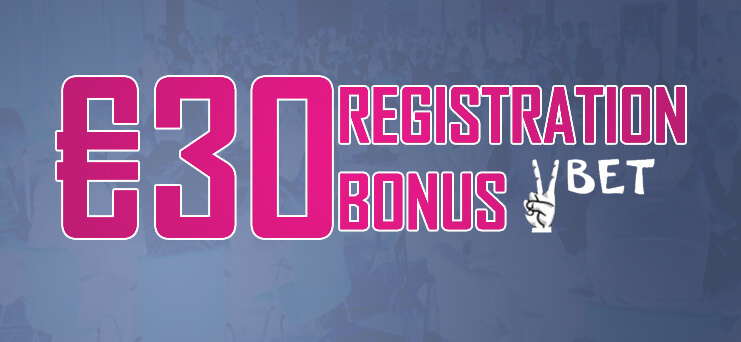- Signs Of A Gambling Addiction
- What Is A Gambling Addiction
- Causes Of Gambling Addiction
- Medication For Gambling Addiction
- Gambling Addiction Signs And Symptoms
Compulsive gambling, also called gambling disorder, is the uncontrollable urge to keep gambling despite the toll it takes on your life. Gambling means that you're willing to risk something you value in the hope of getting something of even greater value.Gambling can stimulate the brain's reward system much like drugs or alcohol can, leading to addiction. If you have a problem with compulsive gambling, you may. A gambling addiction or problem is often associated with other behavior or mood disorders. Many problem gamblers also suffer with substance abuse issues, unmanaged ADHD, stress, depression, anxiety, or bipolar disorder.
Four phases and four treatment steps have been identified in helping people better understand pathological gambling (also known as gambling addiction).
- Gambling addiction is no joke and can impact people from all walks of life. Many people think that process addictions - gambling, eating disorders, sex, shopping, spending, gaming - are less serious.
- Feeling a constant urge to gamble even when you are already in a difficult financial situation, or gambling as a way out of financial difficulty are both common symptoms of a gambling addiction.
The Four Phases in Gambling Addiction
The Illinois Institute for Addiction Recovery has identified the following four phases in gambling addiction.
Signs Of A Gambling Addiction
Winning phase:
The winning phase often starts with a big win, leading to excitement and a positive view of gambling. Problem gamblers believe they have a special talent for gambling and that the winning will continue. They begin spending greater amounts of time and money on gambling.
Losing phase:
What Is A Gambling Addiction
Problem gamblers become more and more preoccupied with gambling. They start to gamble alone, borrow money, skip work, lie to family and friends and default on debts. How to play casino poker machines. They also begin to 'chase' their losses.
Desperation phase:

Causes Of Gambling Addiction
Problem gamblers lose all control over their gambling. They feel ashamed and guilty after gambling, but they can't stop. They may cheat or steal to finance their addiction. The consequences of compulsive gambling catch up with them: they may lose their jobs, get divorced, or get arrested.
TALK TO A THERAPIST NOW:Medication For Gambling Addiction
Brita Larson, LCSW
David Wynn, LCSW
Jenise Aydell-Hontiveros , LCSW, BACS
Enrique Sanchez, LMHC, CAP
Cynthia Peters, MS, LMFT
Dr. Tracy Smith, PhD, LPC, NCC
Hopeless phase:
In the hopeless phase, problem gamblers hit 'rock bottom.' They don't believe that anyone cares or that help is possible. They don't even care if they live or die. They may abuse drugs and alcohol to numb the pain. Many problem gamblers also consider or attempt suicide.
The Four Steps in Recovery from Gambling Addiction
Dr. Jeffrey Schwartz suggests there are four core steps in recovering from gambling addiction in his book Brain Lock. This is one of a variety of psychotherapeutic methods used to help treat pathological gambling (cognitive behavioraltherapy and rational emotive therapy are two other common treatment approaches).
Gambling Addiction Signs And Symptoms
Step 1: Relabel.
Recognize that the urge to gamble is nothing more than a symptom of your gambling addiction, which is a treatable medical condition. It is not a valid feeling that deserves attention.
Step 2: Reattribute.
Stop blaming and try to understand that the urge to gamble has a physical cause in your brain. You are separate from the disease of addiction, but not a passive bystander. With practice, learn to control.
Step 3: Refocus.
When the urge to gamble strikes, shift attention to something more positive or constructive. Do something else, even if the compulsion to gamble is still bothersome.
Step 4: Revalue.
Over time learn to revalue flawed thoughts about gambling. Instead of taking them at face value, realize that they have no inherent value or power. They're just 'toxic waste' from the brain.
Reference:
Schwartz, J.M. Win money in vegas. & Beyette, B. (1996). Brain Lock: Free yourself from Obsessive Compulsive Behavior, A Four-Step Self-Treatment Method to Change Your Brain Chemistry. Regan Books, HarperCollins.

